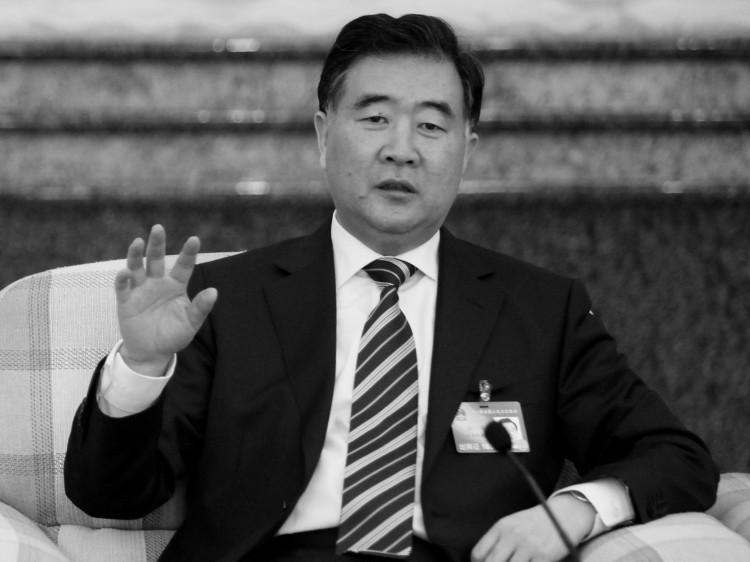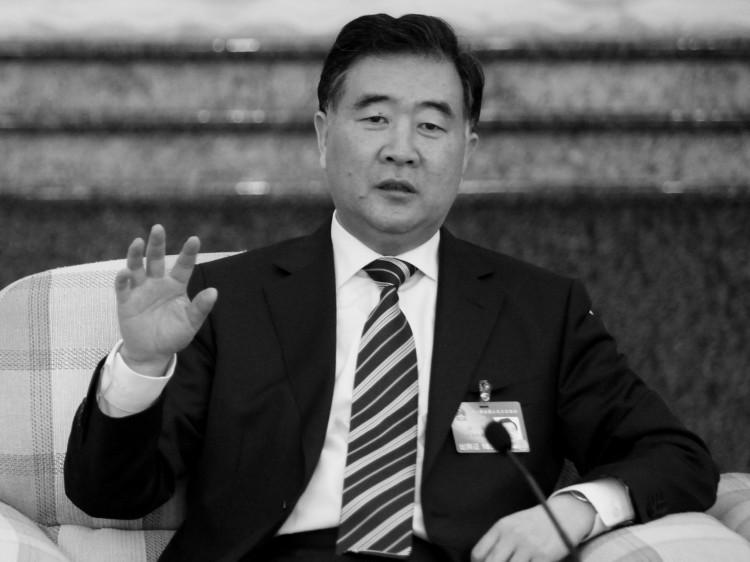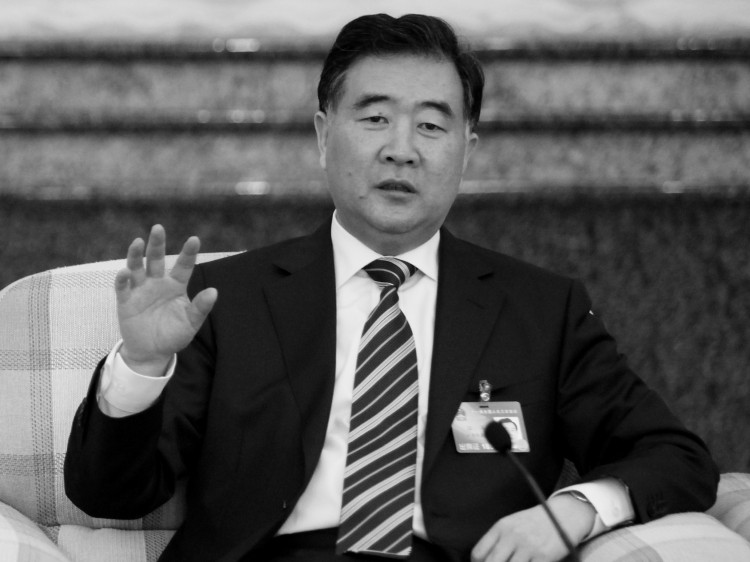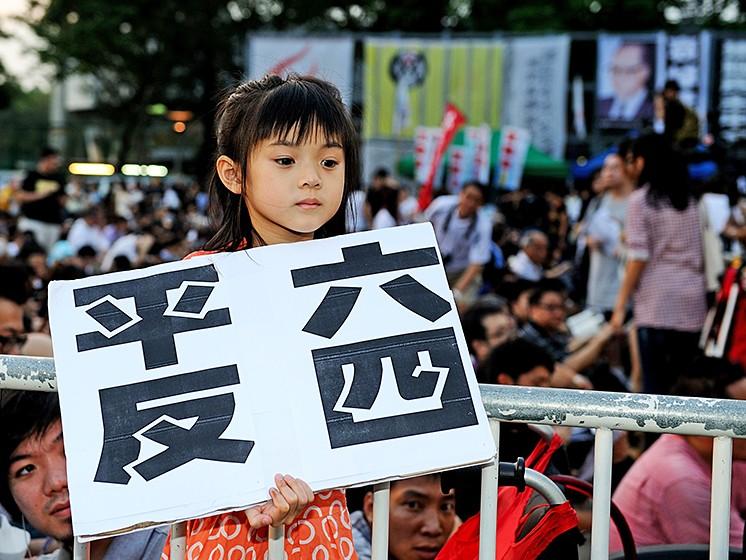Hundreds of current and former Chinese Communist Party (CCP) officials were taken into custody in the southern province of Guangdong and will be put through an opaque Soviet-era communist investigative process over allegations of corruption and misuse of power, according to recent reports. The action is part of a disciplinary initiative by the province’s Party chief Wang Yang.
Guangdong’s former deputy secretary general, Xie Pengfei, and the former deputy director of the finance department, Wei Jinfeng, were among those arrested. More than 100 officials from the seaport city of Shenzhen were also arrested, including former executive vice-mayor Lü Yuefeng, former vice-mayor Liang Daoxing, and his secretary, according to Duowei News.
More than 200 officials who held posts in Guangzhou, the capital city of Guangdong and one of the most populous cities in China, were also taken into custody.
Many of the officials were involved in illegal land and construction deals and medical projects, according to Duowei. Awaiting the captives is the Chinese communist punishment known as “shuanggui,” meaning they will be questioned at a predetermined time and place. This process is controversial because it is conducted directly by the Communist Party, and therefore takes place outside the purview of the formal legal system. Anecdotal accounts in have reported hours of isolation punctuated by interrogation and torture. Once the official confesses they are stripped of their Party post and wealth and convicted and sentenced. Officials may be expelled from the Party at the conclusion of the proceeding. Some disappear.
Wang Yang since 2009 has supported investigations against corruption in Guangdong. In one case, several key officials of Maoming city and 218 township-level officials were taken into custody and were submitted to an investigation. It has been announced that Zhou Zhenhong, former party chief of Maoming, has been expelled from the People’s Political Consultative Conference. A similar incident occurred in Foshan city.
“If party chiefs and departments can truly represent and work towards the benefits of all people and not only a small group of the people, [China’s] political reform will be able to make a big leap forward,” said Wang Yang at a press conference earlier this year, according to Duowei.
As a prominent figure in Communist Party chief Hu Jintao’s faction, Wang Yang has been widely speculated to be a strong candidate for the Standing Committee of the Politburo, the political organ that makes the most important decisions in the country.
When Chongqing’s former top cop, Wang Lijun, fled for his life to the U.S. Consulate in Chengdu on Feb. 6, he set in motion a political storm that has not subsided. The battle behind the scenes turns on what stance officials take toward the persecution of Falun Gong. The faction with bloody hands—the officials former CCP head Jiang Zemin promoted in order to carry out the persecution—is seeking to avoid accountability for their crimes and to continue the campaign. Other officials are refusing any longer to participate in the persecution. Events present a clear choice to the officials and citizens of China, as well as people around the world: either support or oppose the persecution of Falun Gong. History will record the choice each person makes.
Read the original Chinese article.
The Epoch Times publishes in 35 countries and in 19 languages. Subscribe to our e-newsletter.
Click www.ept.ms/ccp-crisis to read about the most recent developments in the ongoing crisis within the Chinese communist regime. In this special topic, we provide readers with the necessary context to understand the situation. Get the RSS feed. Get the new interactive Timeline of Events. Who are the Major Players? ![]()






